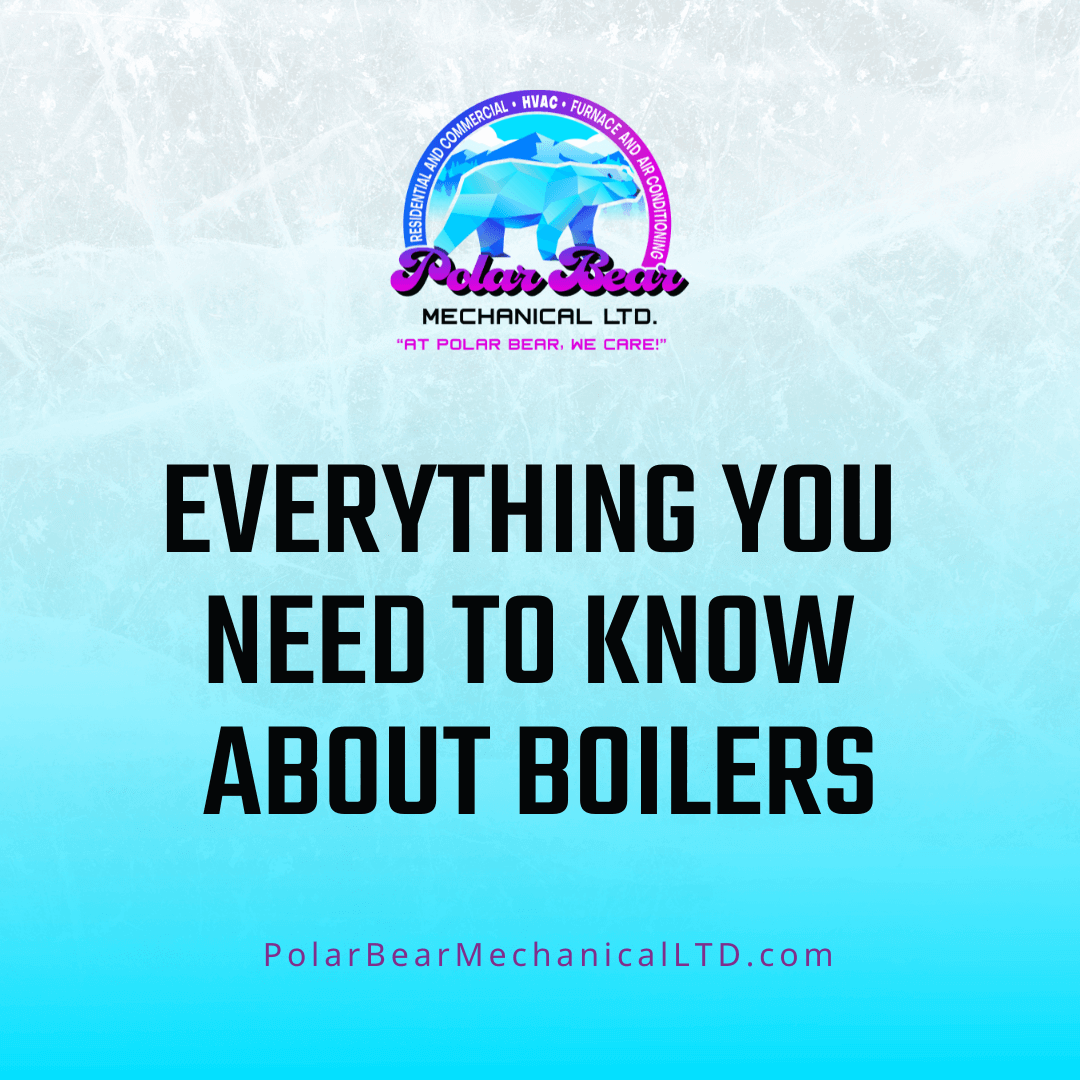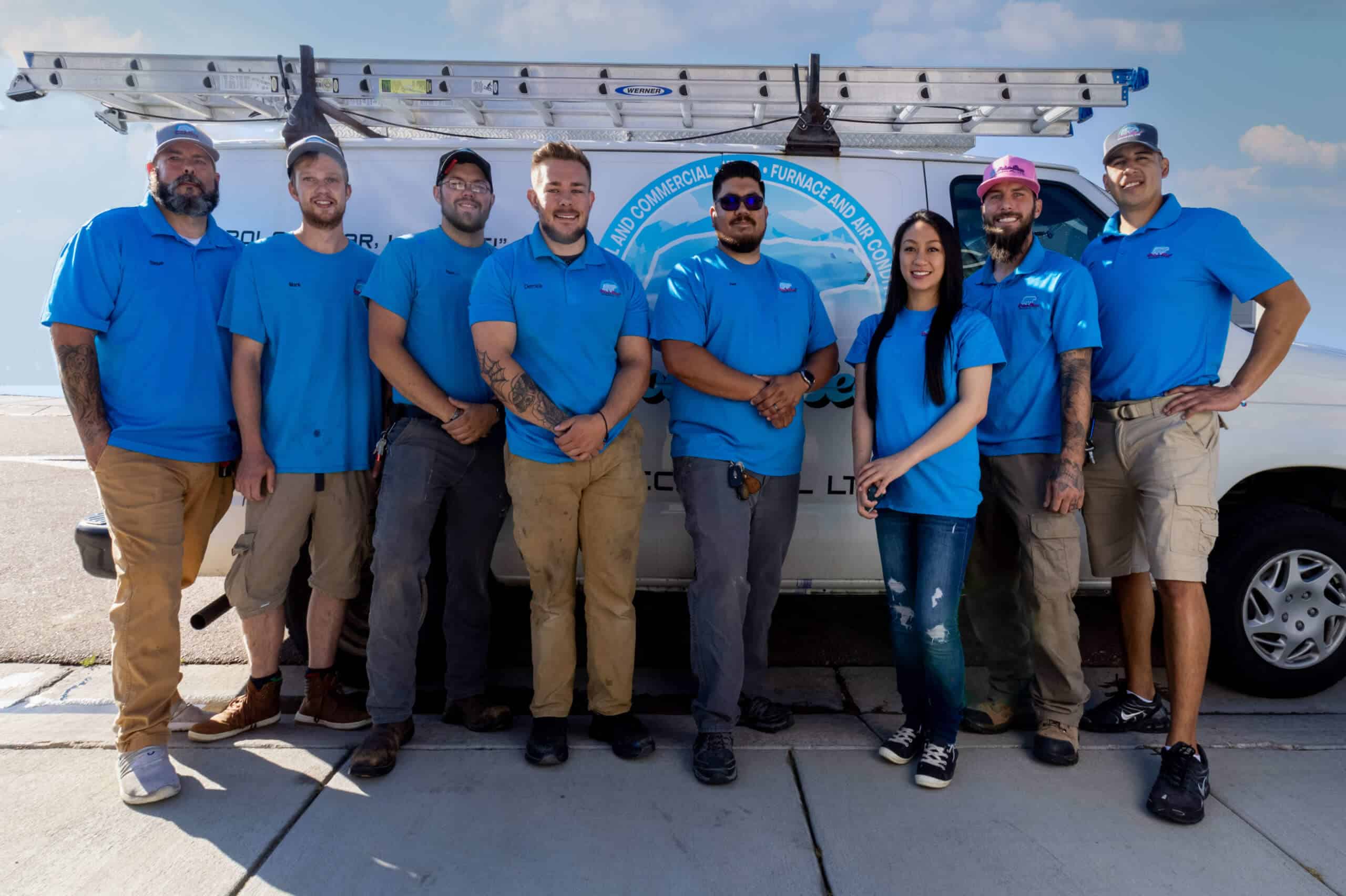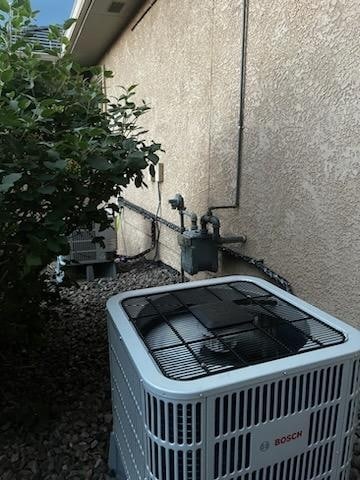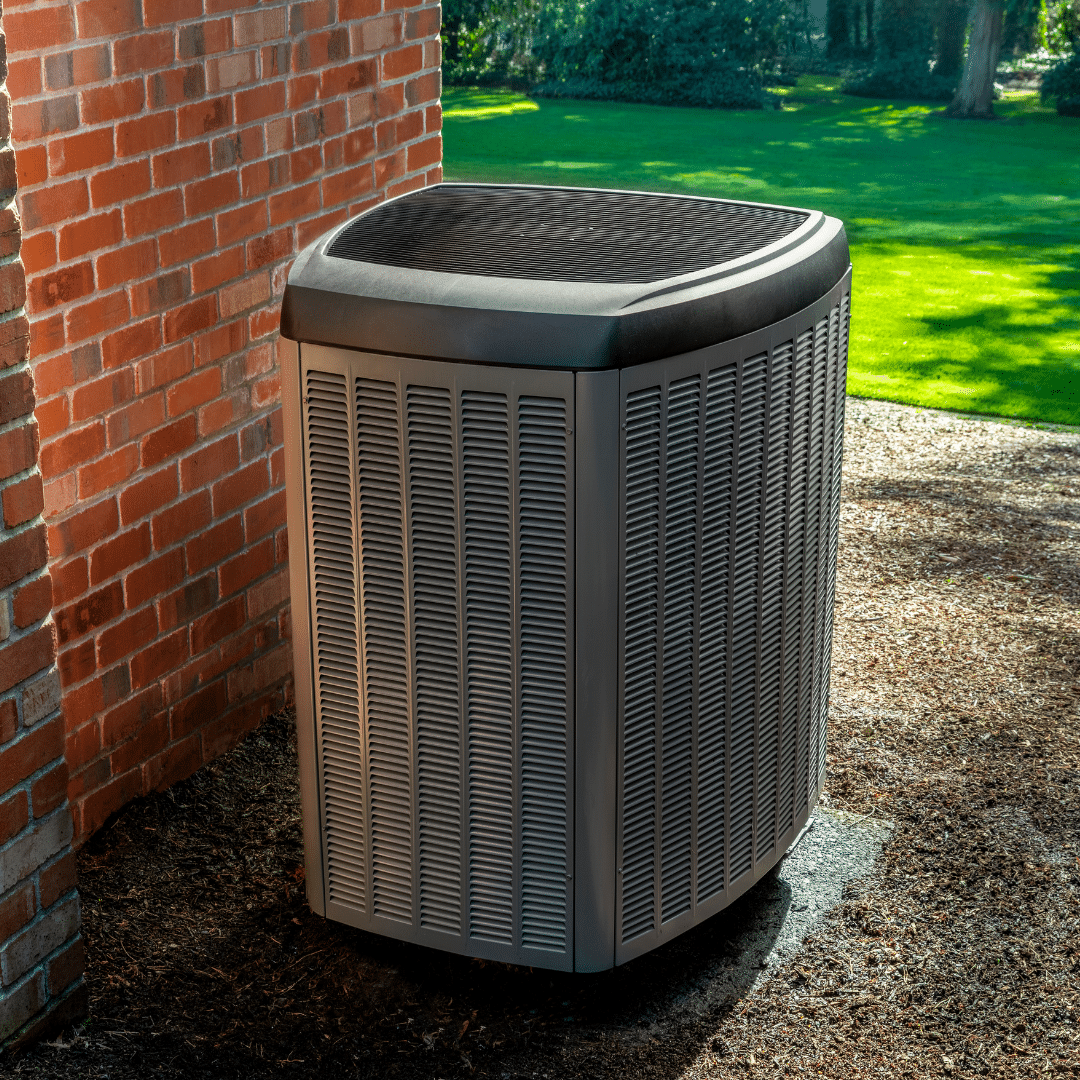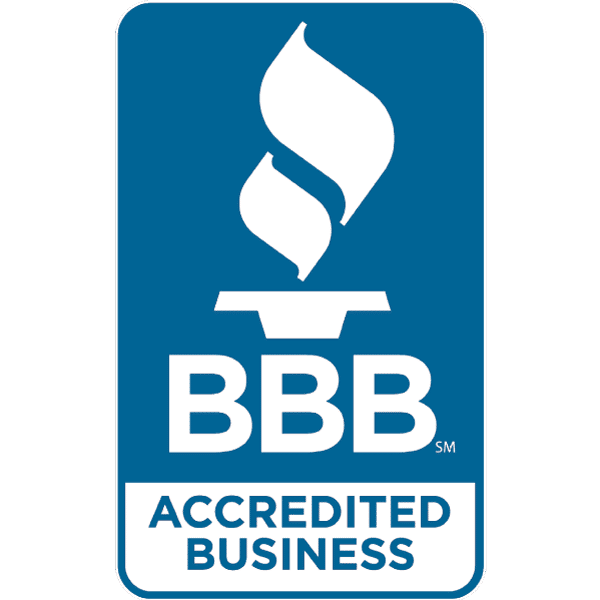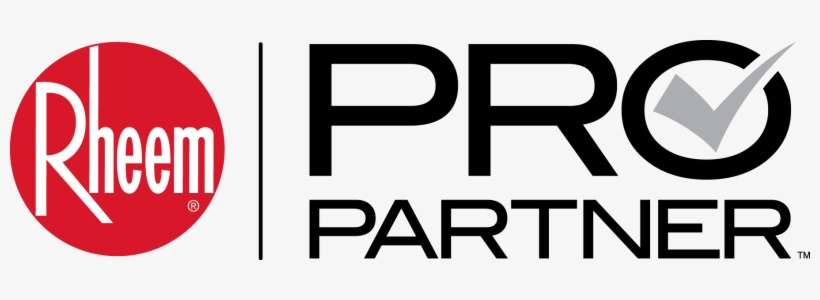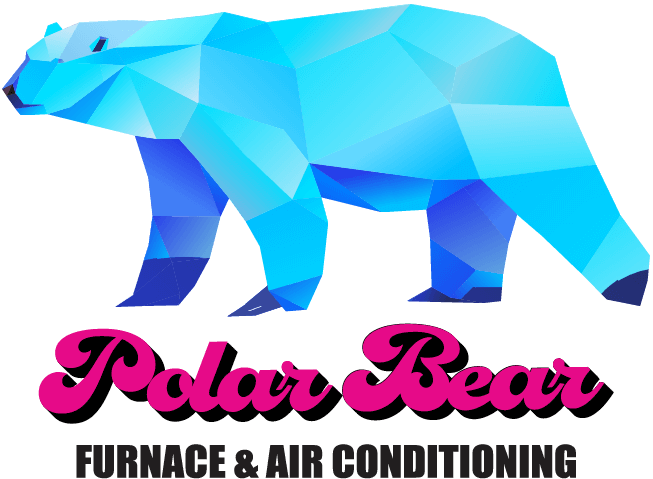One crucial part of most HVAC systems is the boiler. To avoid costly repairs and decreased system efficiency, you must schedule regular boiler maintenance. To better serve the residents and business owners of the community, we’ve curated a list of everything you need to know about boilers to help you better understand and care for your HVAC system.
What Is A Boiler?
People often confuse boilers with water heaters and think the two systems are interchangeable. However, while a water heater heats water and stores it until it’s needed, boilers heat water rapidly when the system senses a drop in temperature.
Once a boiler senses a decrease in temperature, it will either use oil, gas, or electricity to create heat. The heat begins to warm the water stored inside the boiler. The heated water creates steam, which then travels through air ducts until it reaches the desired vent destination and begins to heat your home. When enough steam has heated your space to the desired temperature set on the thermostat, the boiler will turn off automatically. In addition to warming up a room, boilers also provide the user with hot water.
Types of Boilers
- Natural Gas Boiler
- Natural gas boilers circulate gas through a system of pipes. The natural gas feeds directly into the boiler to keep the pilot lit, which heats the coils. The heated coils then warm the water in the tank before it’s delivered to you.
- Electric Boiler
- If you’re interested in a boiler that doesn’t use a fossil fuel source, then an electric boiler is a perfect option. Electric boilers are both environmentally friendly and energy efficient. Many users are attracted to this type of boiler because of the potential utility bill savings. As the name suggests, electric boilers use electricity instead of gas to heat water.
- Oil Boiler
- Oil boilers are more popular in rural areas because those areas have limited access to natural gas sources. Oil boilers utilize a separate tank where oil is stored until needed. When needed, oil pumps into the boiler, where it then heats up the water. This water is either turned into steam to heat up your home or is delivered to your taps, so you have hot water.
- Condensing Boiler
- Condensing boilers are another type of boiler that’s more energy efficient. This type of boiler heats water using a heat exchanger before the water is transported to the needed location and then reheats the water as it returns to the boiler. By reusing burnt fuel, that would have otherwise vaporized to heat water as it passes through, condensing boilers have become one of the most energy-efficient boilers available.
Polar Bear Mechanical Can Help With All Your Boiler Needs
Don’t let your boiler issues snowball out of control. With Polar Bear Mechanical, our HVAC technicians can help you with your boiler needs, from boiler installations to boiler repair. If you have questions regarding what type of boiler would best suit your unique needs, or you’d like to schedule an appointment to have us run diagnostics on your existing boiler, contact our team today!
Read: My Boiler is Making Banging Noises

